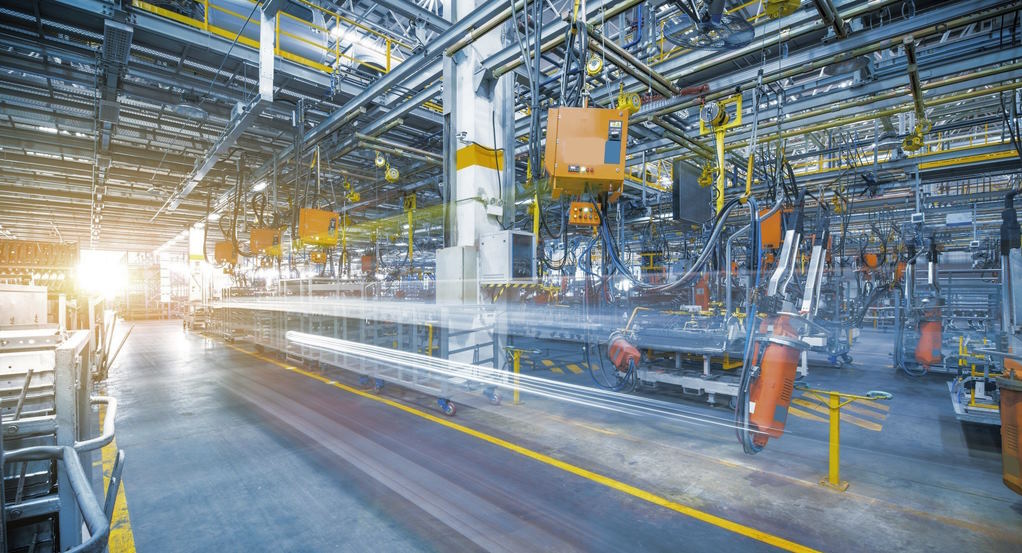Brexit, the decision of the United Kingdom (UK) to leave the European Union (EU), has had a significant impact on various industries, including manufacturing. With the UK no longer being a member of the EU, businesses have had to adapt to a new trade landscape, with changes to supply chains, regulatory compliance, and tariffs. The manufacturing industry, which is heavily reliant on cross-border trade, has been particularly affected by Brexit. We will explore the impact of Brexit on manufacturing facilities located in Europe, examining how the decision has affected businesses in both the UK and EU, and what steps companies are taking to mitigate the impact of this historic decision.
The impact of Brexit on the manufacturing sector in the EU
Brexit has had a significant impact on the manufacturing industry in the European Union (EU). Since the UK was a member of the EU, its departure has led to a series of changes in trade regulations, customs procedures, and supply chains that have affected the EU-based manufacturing sector. One of the most significant impacts of Brexit has been the relocation of manufacturing facilities from the UK to the EU.

As companies seek to mitigate the risks associated with Brexit, many have decided to move their manufacturing facilities from the UK to the EU. This relocation process has been particularly evident in the automotive industry, where several major car manufacturers have relocated their production facilities to countries such as Germany and the Netherlands. This relocation has been necessary to maintain access to the single market, which is critical for many manufacturing industries.
Additionally, Brexit has led to changes in supply chains, with companies having to adjust to new regulatory frameworks and customs procedures. EU-based manufacturers now face an increased administrative burden due to Brexit, as they have to comply with new rules and regulations when importing and exporting goods to and from the UK. This has resulted in additional costs and delays, making it more challenging for EU-based manufacturers to compete with their UK counterparts.
Case studies of companies affected by Brexit
Brexit has had a significant impact on many companies operating in the UK and the EU. In this section, we will look at some case studies of companies that have been affected by Brexit, including those that have relocated manufacturing facilities from the UK to the EU and those that have experienced increased costs and uncertainty due to Brexit.

One company that has relocated its manufacturing facilities from the UK to the EU is the Japanese carmaker, Nissan. In 2021, the company announced that it would relocate its battery production facility from Sunderland in the UK to Sunderland in the EU. This decision was made to ensure that the company could continue to access the EU’s single market and avoid tariffs and regulatory barriers.
Another company that has been affected by Brexit is the pharmaceutical giant, AstraZeneca. The company has reported increased costs due to the need to stockpile medicines to ensure continuity of supply in the event of disruption at the border. AstraZeneca has also faced uncertainty due to changes in regulations and the potential for delays in getting regulatory approval for new drugs.
In conclusion, Brexit has had a profound impact on many companies operating in the UK and the EU. The examples of Nissan and AstraZeneca illustrate the challenges faced by companies in the manufacturing and pharmaceutical industries. These challenges include the need to relocate manufacturing facilities, increased costs due to regulatory changes, and uncertainty about the future of trade relations between the UK and the EU.


